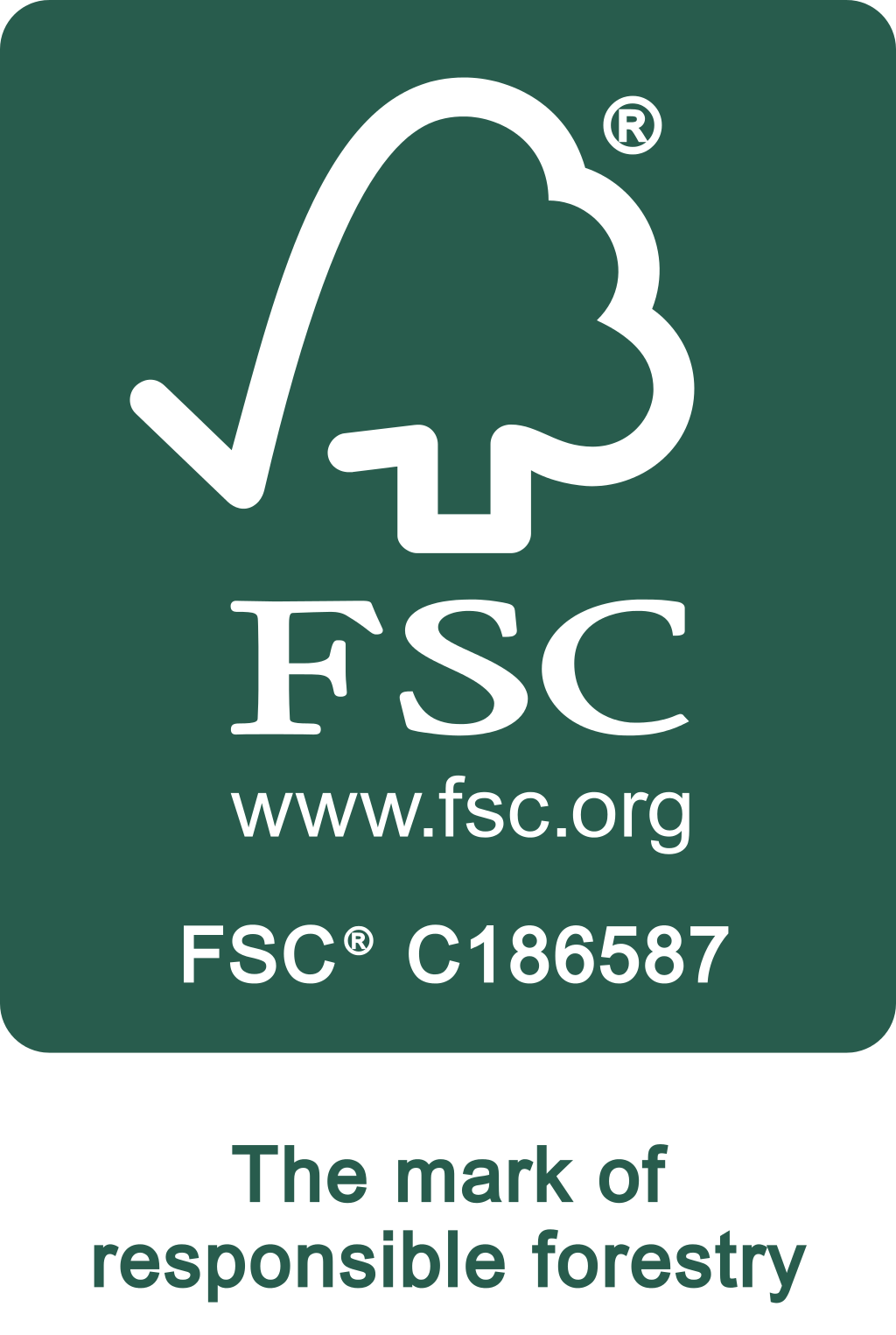We don’t just help our customers to reduce their carbon footprint, we also consider our own.
We collaborate with our staff, suppliers, and customers, to develop sustainable business activities. We pursue renewable, recyclable, and low-carbon alternatives and drive efficiencies to conserve precious resources.
Above all, we look for opportunities to do good, joining forces with like-minded individuals and companies along the way.
To this end, we are sending new customers forget-me-not seeds to encourage wildflower planting and provide nectar for pollinators like bees and butterflies.

This considers each stage of the packaging life cycle from raw materials, manufacturing, and logistics, to fulfilment of its primary purpose and subsequent reuse, recycling, or disposal.
Did you know the ‘reduce, reuse, recycle’ message is in order of preference? Reduce packaging materials but ensure goods are still protected as damages/returns add to your carbon footprint.
Incorporate reusable materials where appropriate, such as in pallets and transit packaging. This keeps valuable resources in use for much longer, lowering energy consumption and emissions.
Swap problematic materials for recyclable ones. Use mono-materials to simplify recycling and create good quality recyclate. Add clear labelling to encourage responsible packaging disposal.
Look for recycled/recyclable alternatives or bio-based plastics. If it must be synthetic plastic, choose high-performance options that are thinner, use less material, and leave less waste.
PET stands for polyethylene terephthalate, which is the chemical name for polyester. The acronym PET is normally used in terms of packaging. PET plastic is clear, lightweight, recyclable, and used to make 70% of containers for soft drinks (carbonated, still, fruit juice, and water). As a thermoplastic, it can be softened and reshaped by applying heat, and most PET plastic is made from fossil fuels.
By making sure that every ingredient is animal-free, and that no animal products were used in the production process. The good news is that nowadays most adhesive used in packaging is water- or starch-based (or occasionally solvent-based) rather than animal-based gelatine. But it’s best to get professional advice to ensure that all raw material, paper, substrate, starch, adhesive, sealant, lacquer, coating, ink, and dye comply with a vegan ethos. Even additives used in plastic manufacturing can be of animal origin, as can lubricants on production machines.
Copyright © 2024 Actionpoint Ltd
PET (1) and HDPE (2) are widely accepted in household recycling waste. Soft/flexible LDPE (4) products like carrier bags can be taken to supermarkets. Remember that recycling facilities differ between councils, so check with your local authority to see what you can put in your home recycling bin.
PP. Polypropylene e.g. bottle caps, margarine tubs, carrier bags.
PS. Polystyrene e.g. takeaway cups and containers, yoghurt pots.